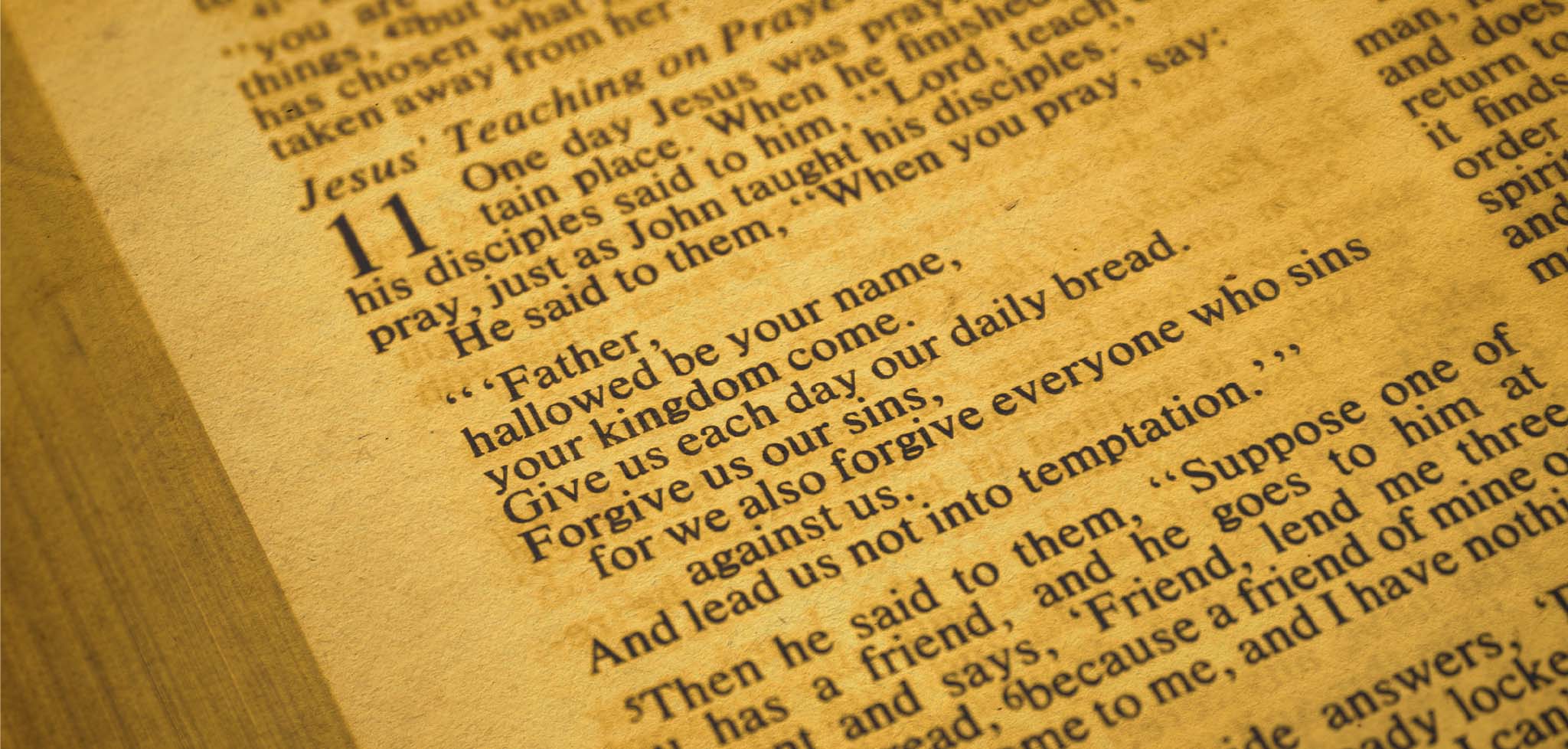One of the most powerful questions is one of the simplest: What do you want? Of course, it can be asked in exasperation or cynically. But when it is asked with sincere interest, it can make us aware of many things, perhaps even that we don’t know what we really want. What do you want? It is a fundamental question in life coaching and in life.
Of course, some people offer their answer before the question is finished. They know exactly what they want, or what they want next. Others may hesitate because they realize how important a question it is, perhaps because they need to give it more attention if the answer is taken seriously.
In the middle of the Lords prayer, there is an invitation to pray for what we want
and need for our life, “Give us this day our daily bread.” While the words contain a reference to a story of the Biblical exodus experience (and God’s extraordinary provision) it also invites us to express our desires. In some ways, it is a surprising petition at the center of the prayer. Often, a spiritual life is understood as the denial or suppression of physical wants or needs. The petition of the prayer meets us where we are.
Of course, an invitation to pray about our life still leaves the question of what one should pray for. Should we pray for whatever we want or just what we define as a real need—and if so, how do we decide what is really needed?
The problem with many prayers is that they have been edited for God and aren’t really honest. Prayer is imagined as more of an audience with a King rather than a conversation. They may assume that God doesn’t really know you. In fact, it is simply fooling yourself to believe that God doesn’t know you. So what should we pray?
Following the teaching of the Lord’s Prayer in Luke 11, there is an amazing, annoying, and surprising story. Jesus described a man who received a guest late at night and had nothing to offer his guest. He banged on the door of his neighbor’s house to ask for food for the guest. The neighbor had already gone to bed and shouted that he wasn’t getting out of bed. But the man persisted. It is an odd story and the moral that we might imagine for the story is to be prepared for unexpected guests or perhaps not to ask too much of neighbors at inopportune times. Don’t be rude! But Jesus made a quite different point with the story: what won’t be done for friendship, will be done to get rid of an annoying neighbor. Jesus shared the story as an encouragement to persistence, boldness and audacity! In its context following the Lord’s Prayer, it expressly invites us to be honest in our prayers about the things we want. In fact, in Luke’s account, Jesus’ teaching goes on specifically to call us to ask for what we want.
Are there limits?
No. It is an invitation to an honest conversation with God. However, we may find that there are some things that will impact our conversation. Praying for us, as in “give US,” may help us avoid praying zero-sum prayers and to include others. Making it something we do daily may cause us to think more deeply about what we want. And starting, as the Lord’s prayer does, with a prayer for perspective, for profound hope, and for greater trust in God, over time may help clarify what we most desire. But the fourth petition of the prayer invites and requires us to be honest to God.
I find myself amazed at this petition for our life is in the middle of the Lord’s prayer. The Lord’s Prayer as a whole is about our relationship with God, about the life we can live and the person we can become, but it is also about our physical life, our daily life. The followers of Jesus saw these elements brought together in the person of Jesus himself, who both showed God to them and who lived with them and knew something of life, carpentry, fishing and human possibilities.


